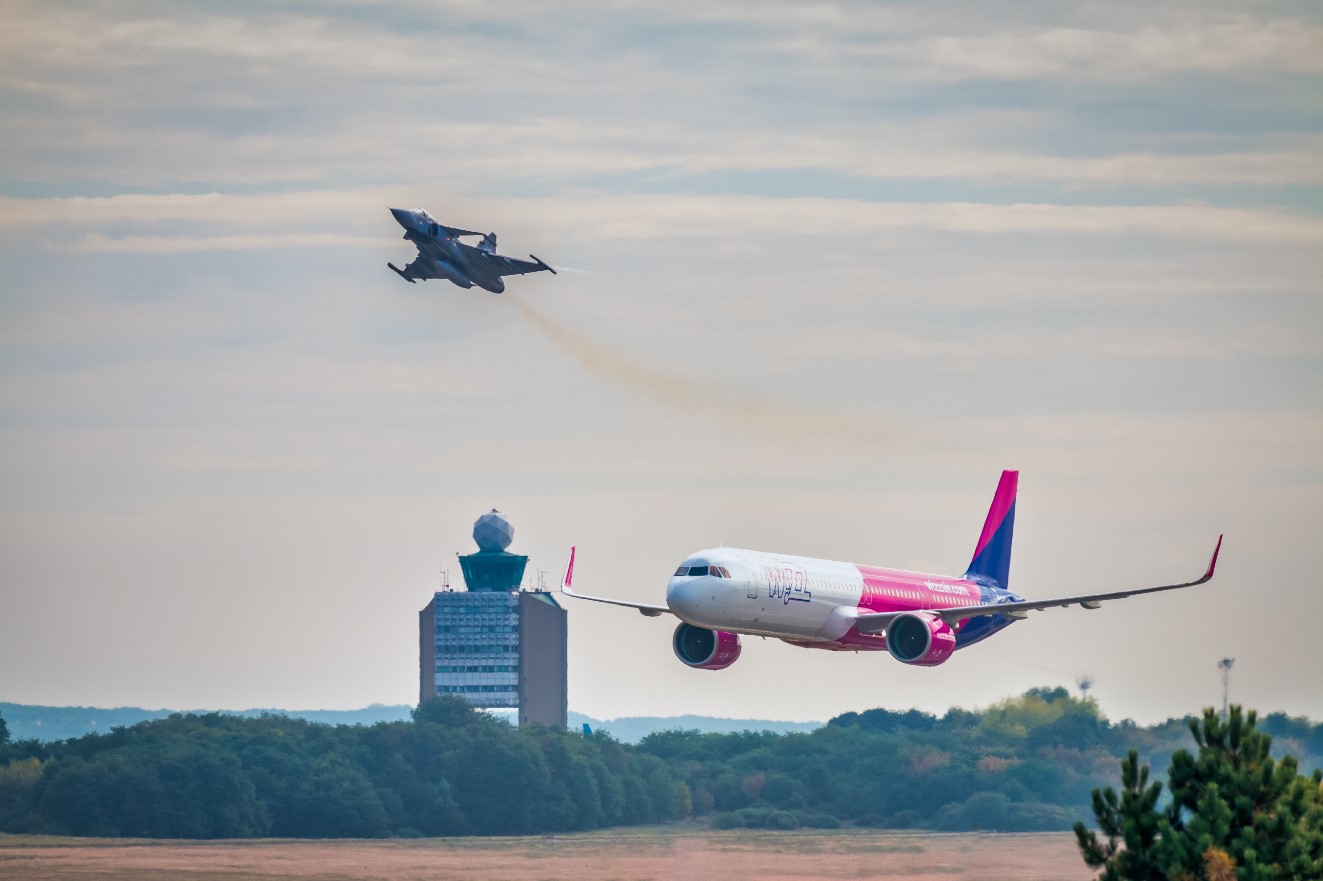Change language:
Is Hungarian air traffic control behind the chaos and delayed flights in Europe?

Recently, there have been numerous delayed and cancelled flights across Europe. Is Hungarian air traffic control responsible for these persistent issues? During the summer, it is normal for increased travel to cause some disruption. Additionally, Euro 2024 has attracted many football fans, further straining the system. Air transport requires coordination among airports, airlines, ground handlers and air traffic controllers (ATC) to ensure passenger safety. Therefore, if problems arise, it is worth scrutinising all four participants.
Hungarian air traffic control
As Telex writes, discussions with experts have revealed that European air traffic control is facing significant challenges, with Budapest emerging as a key contributor to delays in European airspace. The primary issue lies in handling through traffic rather than take-offs and landings. Since the beginning of the year, Budapest has frequently topped the list for delays per flight, largely due to a severe staff shortage at HungaroControl, the Hungarian air traffic control company.

Staff shortage
Despite a slight increase in controllers from 179 to 185 since 2019, the number of aircraft managed has surged by 25-30% due to airspace closures from the war in Ukraine and airline capacity expansions. This spike in traffic has led to unsolvable situations, especially overflights, making HungaroControl a significant source of delays in May and June.
HungaroControl faces a significant challenge as increased tasks outpace staff growth. Despite reinforced services to maintain aviation safety amid extreme weather, labour disputes and a COVID-19 strike ban have led to a shortage of skilled workers. The Austrian transport union has appealed to Hungary, due to the EU Council presidency, to address the issue.

Increased sector divisions
Air traffic control faces challenges during peak periods like summer, necessitating increased sector divisions to manage high traffic volumes effectively. Staffing shortages often lead to operational delays as Hungarian air traffic controllers manage immense responsibility. HungaroControl struggles with wage competitiveness despite profitability, raising governance concerns. Hungarian air traffic controllers, who face strict training requirements, are overburdened, further complicating recruitment and retention efforts.
Low-cost carriers like Ryanair and Wizz Air criticise ongoing disruptions and flight cancellations due to staffing and equipment shortages at Eurocontrol’s Maastricht centre, despite flight levels remaining below pre-pandemic norms.
Is Budapest to blame?
Index asked air travel expert Gábor Varga G. on the issue. He says, “If it were up to Budapest alone whether a flight could leave on time, there would not be so many delays”. He also notes that several factors contribute to aircraft delays, with Wizz Air highlighting that the issue extends well beyond the airlines’ control.
Read also:







